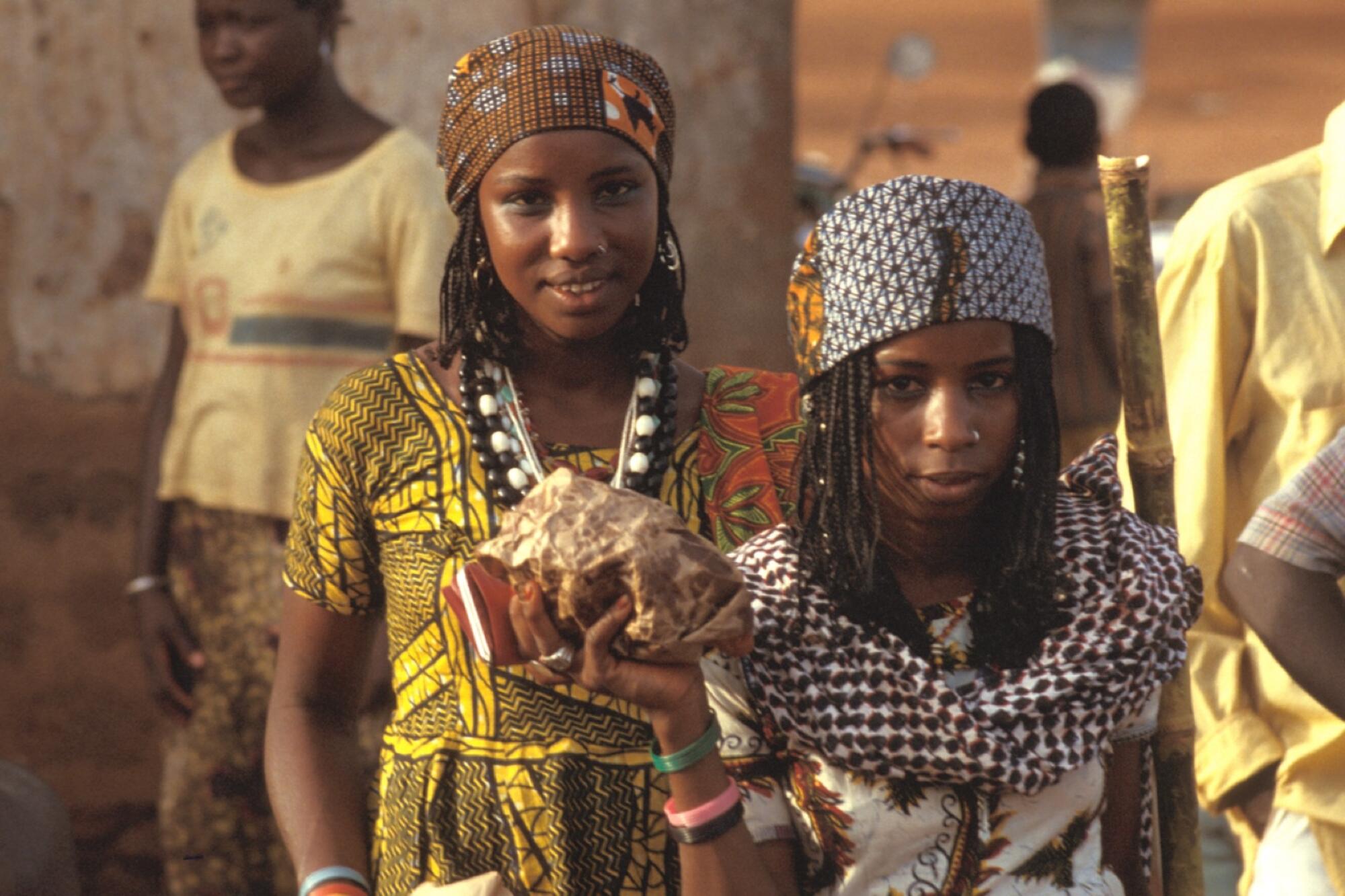Publications
The World Survey on the role of women in development 2014: Gender equality and sustainable development
Publication Year: 2014 Publisher: United Nations
Gender equality and women’s empowerment
Related Goals
Background
The immense social, economic and environmental consequences of climate change and loss of essential ecosystems are becoming clear. Their effects are already being felt in floods, droughts, and devastated landscapes and livelihoods. Among those most affected are women and girls, given the precariousness of their livelihoods, the burden of securing shelter, food, water and fuel that largely falls on them, and the constraints on their access to land and natural resources. As the global community grapples with the challenges of sustainable development and the definition of the Sustainable Development Goals, the World Survey on the Role of Women in Development 2014 asserts the central role of gender equality. It charts the rationale and actions necessary to achieve sustainable development.
Linking gender equality with sustainable development is important for several reasons.
It is a moral and ethical imperative. Efforts to achieve a just and sustainable future cannot ignore the rights, dignity and capabilities of half the world’s population. To be effective, policy actions for sustainability must redress the disproportionate impact on women and girls of economic, social and environmental shocks and stresses. Finally, women’s knowledge, agency and collective action has huge potential to improve resource productivity, enhance ecosystem conservation and sustainable use of natural resources, and to create more sustainable, low-carbon food, energy, water and health systems. Failure to capitalize on this would be a missed opportunity. Women should not be viewed as victims, but as central actors in moving towards sustainability.
The World Survey does not attempt to cover the exceedingly wide range of aspects of sustainable development. It identifies a select range of issues that are fundamental to women’s lives and are strategic for achieving gender equality and sustainability. It analyses patterns of growth, employment generation and the role of public goods; food production, distribution and consumption; population dynamics and women’s bodily integrity; and water, sanitation and energy.
Linking gender equality with sustainable development is important for several reasons.
It is a moral and ethical imperative. Efforts to achieve a just and sustainable future cannot ignore the rights, dignity and capabilities of half the world’s population. To be effective, policy actions for sustainability must redress the disproportionate impact on women and girls of economic, social and environmental shocks and stresses. Finally, women’s knowledge, agency and collective action has huge potential to improve resource productivity, enhance ecosystem conservation and sustainable use of natural resources, and to create more sustainable, low-carbon food, energy, water and health systems. Failure to capitalize on this would be a missed opportunity. Women should not be viewed as victims, but as central actors in moving towards sustainability.
The World Survey does not attempt to cover the exceedingly wide range of aspects of sustainable development. It identifies a select range of issues that are fundamental to women’s lives and are strategic for achieving gender equality and sustainability. It analyses patterns of growth, employment generation and the role of public goods; food production, distribution and consumption; population dynamics and women’s bodily integrity; and water, sanitation and energy.

